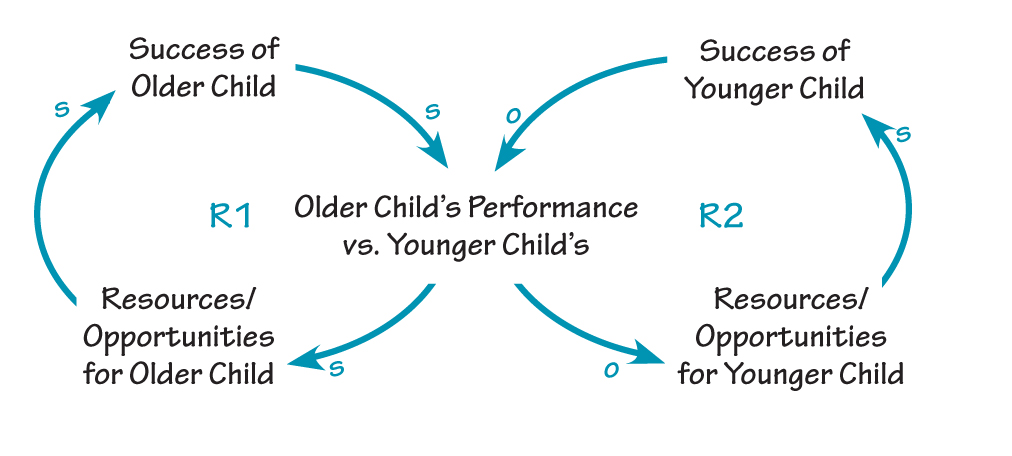Acclaimed author Malcolm Gladwell’s new book, Outliers, The Story of Success (Little, Brown and Company, 2008), is all about patterns and how they can reveal counterintuitive insights—something every systems thinker can appreciate.
In the West, we typically attribute success to individual factors: a person’s innate intelligence and drive to achieve. But why do some so-called geniuses rise to the top of their professions while others fail to have an impact? To answer this question, Gladwell delves beneath the conventional wisdom and finds that factors such as a person’s birth month or year, family background, or even random opportunities play more of a role in people’s achievement than we previously thought.
Birthday Bonanza
To illustrate his point, Gladwell cites a study of Canadian youth hockey players that reveals a surprising fact: In any elite group in this league, “40 percent will have been born between January and March, 30 percent between April and June, 20 percent between July and September, and 10 percent between October and December.” A similar trend, with a weighting toward different months, shows up in U. S. baseball leagues and European soccer teams. What explains this strange phenomenon?
TEAM TIP
“Success to the Successful” can also play out in organizations, such as when one project gets more initial funding than another. Look for examples in your setting.
It turns out that, in Canadian hockey, the cut-off date for eligibility for a certain age bracket is January 1. At age 10, kids born right after the cut-off date have an advantage over those born later in the year in terms of size, speed, and coordination. As a result, the older 10-year-olds are more frequently chosen to participate in elite leagues, receive better coaching, play with more skilled teammates, and participate in more games and practices. Over the long run, these “more talented” players are more likely to make it to the professional ranks.
This pattern of behavior describes what in systems parlance is known as a “Success to the Successful” dynamic (see “Success to the Older Child”). As Gladwell says, “The professional hockey player starts out a little bit better than his peers. And that little difference leads to an opportunity that makes that difference a bit bigger, and that edge in turn leads to another opportunity, which makes the initially small difference bigger still—and on and on until the hockey player is a genuine outlier. But he didn’t start out an outlier. He started out just a little bit better.”
SUCCESS TO THE OLDER CHILD

This same dynamic also plays out in education. Children who are on the older end of the spectrum tend to have an advantage over their younger peers that amplifies over time. In a study by economists Kelly Bedard and Elizabeth Dhuey, older fourth graders scored significantly higher on a test of math and science skills than younger fourth graders. Gladwell comments, “That’s the difference between qualifying for a gifted program or not.” And once students land in gifted programs, they are likely to benefit from the best teaching, the highest-quality materials, the most up-to-date technology, and so on.
Inadvertent Privileging
So, what’s the solution to this inadvertent privileging of some over others? Gladwell suggests setting up two or three youth hockey leagues per age bracket, divided by months of birth. For the lower grades, school systems could create separate classes for kids born January through April, May through August, and September through December. Another solution would be to follow the Danish system of not assigning kids to different academic tracks until they are out of elementary school, when their maturity levels out.
The takeaway is that simple policy decisions often have powerful unintended consequences. By looking at patterns of behavior, we can identify those effects and find ways to improve the system. Breaking free from the “Success to the Successful” dynamic would create truly equal opportunities for all, to the benefit of all.
Janice Molloy is managing editor of The Systems Thinker and content director of Pegasus Communications.
